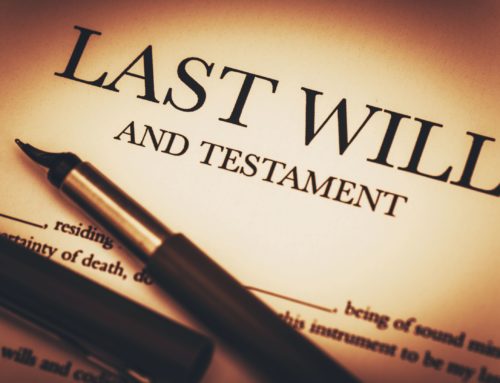Making the right choice for ensuring your medical needs are taken care of, should you become incapacitated, is one of the most important decisions you can ever make. In general, there are two ways to handle this and spare your loved ones the agony of not knowing what to do. These two options are the power of attorney and the living will.
But which one is the better choice for your needs, and which path should you take? Learn which choice is best for you: a living will vs power of attorney, what each does, and how an estate planning and elder law attorney can help decide.
Living Will vs Power of Attorney
A living will vs power of attorney both accomplish similar ends but take very different paths to get there. In addition, the power of attorney leaves a lot more power in the hands of other people, but can also help to cover unforeseen circumstances. In the end, it’s up to you and to a lesser degree your trusted loved ones which path you choose.
The Living Will
A living will is simply a legal document which lays out your intentions, wishes and plans for your healthcare should you become incapacitated or unable to properly articulate them. The most common and familiar form of a living will is sometimes known as a DNR, or “Do Not Resuscitate” order, which says that if your heart stops, you don’t want to receive CPR or other efforts to bring you back.
There are, however, a range of circumstances in which a living will can be useful. It can cover issues like the amount of pain medication you want to receive, how much life support is reasonable, and whether you want to donate your organs or tissues when you pass away. It can also include important information like drug allergies, necessary services and the like.
The Medical Power of Attorney
A medical power of attorney, on the other hand, is a document that empowers another person to make important healthcare decisions for you, should you become unable to do so yourself. This person is usually a close family member or trusted friend, referred to as an “agent,” but it can be anyone you trust with your healthcare.
To make a POA strong, it needs to be durable and include financial provisions, enabling the agent to make financial decisions as well as medical decisions. You can place limits on these powers when you create the document, but you’ll want to be sure that access to the capital to pay for any medical decisions is available.
The holder of a POA becomes an advocate for you when you’re hospitalized, and can assert control over medical issues whenever disagreements arise with other family members, between family and medical professionals and the like. This can be very useful for situations that you didn’t foresee coming and aren’t covered by a living will.
Call an Elder Law Attorney
Some people choose to create both a living will and a POA. Knowing which is best really comes down to what you want, and choosing the right path can be confusing. That’s why you may want to call an Ohio elder law attorney like Stano Law for help. For more information and advice about your elder law plans, give us a call today.








Leave A Comment